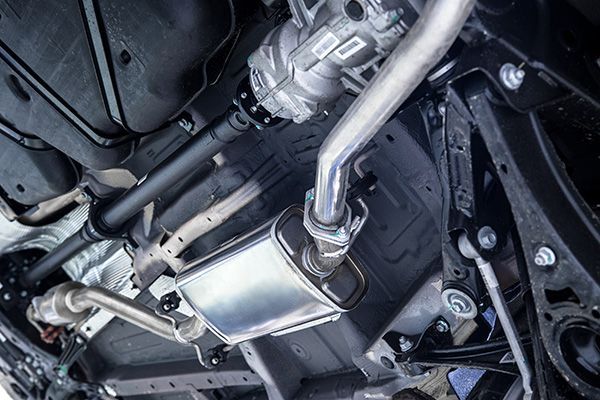When we think about safe driving, we usually focus on physical abilities—clear vision, quick reflexes, and staying alert. But what about our mental state? Depression can significantly affect your ability to drive safely, even if you're not fully aware of it. It doesn't always show up like a broken arm or a flat tire, but its effects can be just as real behind the wheel.
If you’ve been struggling with focus, reaction time, or even motivation to get in the car, depression might be playing a bigger role than you realize.
Depression Can Impact Focus and Attention
Driving isn’t as automatic as it feels. Every trip requires constant attention—watching other drivers, scanning for signs, and adjusting to changing road conditions. Depression can interfere with your ability to focus, making it harder to stay alert and react in time.
You might find yourself zoning out at red lights, missing exits, or feeling like your mind is somewhere else entirely. This isn't just daydreaming—it's cognitive fatigue, and it can make everyday driving more dangerous.
Slower Reaction Times Behind the Wheel
Depression often affects how fast your brain processes information. You may notice a delay in recognizing that a car ahead has stopped suddenly or that a pedestrian has stepped into the crosswalk.
When your mental energy is drained, your body takes longer to respond to what your eyes see. In real-life driving scenarios, those fractions of a second can be the difference between a close call and a collision.
Increased Risk of Driving Fatigue
People with depression frequently report sleep issues—whether it's insomnia or oversleeping—and both can leave you feeling groggy. Getting behind the wheel when you’re mentally or physically exhausted increases the risk of drowsy driving, which is just as dangerous as driving under the influence.
If you feel drained even after a full night’s sleep, it may not be the car that’s sluggish—it could be your mental health signaling something deeper.
Mood Can Affect Risk Judgment
Depression doesn’t always come with sadness. Sometimes, it shows up as irritability, frustration, or impulsiveness. Behind the wheel, that can translate into aggressive or careless driving.
You might tailgate more, brake harder, or speed without really meaning to. Poor emotional regulation makes it harder to handle stressful situations calmly like being cut off in traffic or dealing with delays. It’s not about being a bad driver—it’s about how depression reshapes how we respond to stress and judgment.
Medication Side Effects
If you’re treating your depression with medication, that’s a powerful step forward—but it’s important to know that some antidepressants can have side effects that impact your driving. These may include drowsiness, blurred vision, or dizziness—especially during the first few weeks of starting or adjusting a prescription.
Always check with your healthcare provider about how new medications could affect your alertness and response times, and avoid driving until you know how your body reacts.
How to Stay Safe If You're Struggling
If you’re dealing with depression, it doesn’t mean you have to stop driving—but it does mean you should pay closer attention to how you’re feeling before getting behind the wheel.
Ask yourself:
- Am I alert enough to drive safely?
- Am I emotionally stable right now?
- Would I feel safe if someone else were driving in my condition?
If the answer to any of those is no, it’s okay to wait, ask for help, or delay your drive. Taking care of your mental health is part of being a responsible driver.
Seek Support
Mental health challenges can creep into daily routines quietly. If you're noticing frequent zoning out, trouble focusing on the road, or a general sense of unease while driving, it might be time to talk to a professional.
There’s no shame in taking care of your emotional well-being—your safety, and the safety of others, depends on it just as much as your car’s brakes or tires do.
LightHouse Automotive – Car Care You Can Count On in Colorado Springs, CO
When your head’s not in the right place, the last thing you need is more stress from car problems. At
LightHouse Automotive in Colorado Springs, CO, we offer honest, pressure-free service so you can take care of your car without the extra hassle.






.jpeg)



